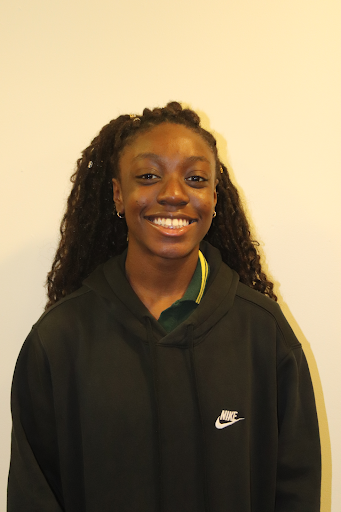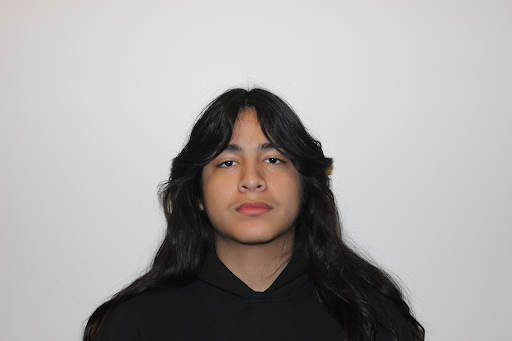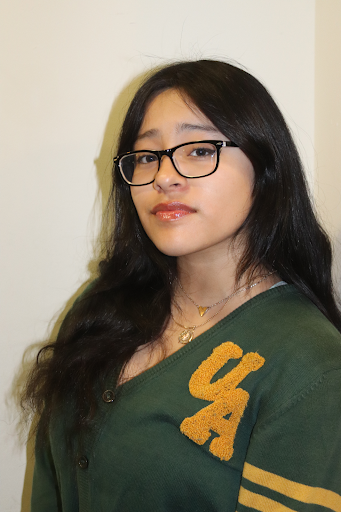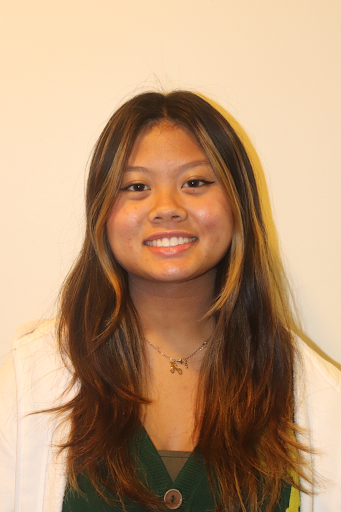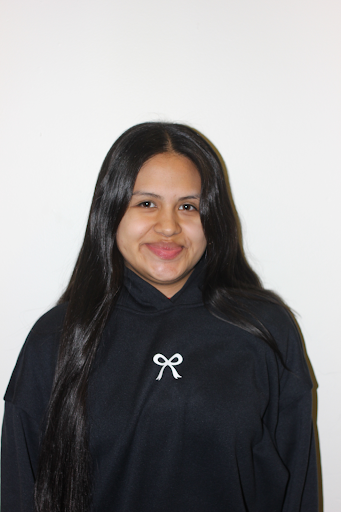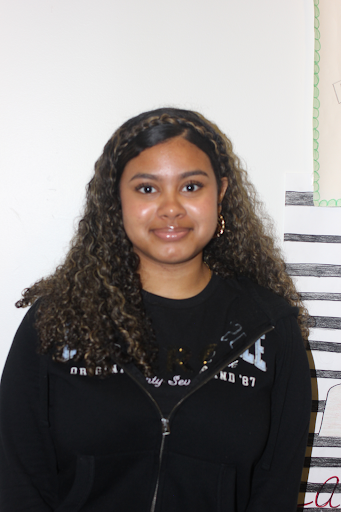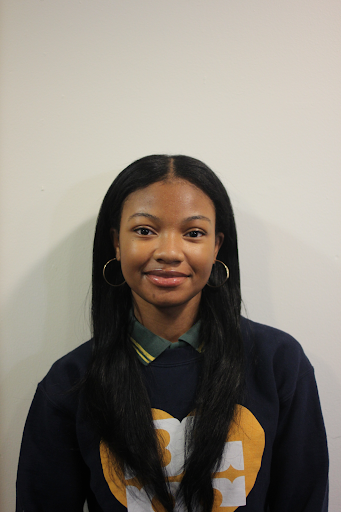“You talk so…”, “You sound like…”. This is a saying a lot of people of color hear growing up.
Growing up as a person of color in an urban city you may often find yourself lost in a complicated journey of identity. Being in a community full of diversity can sometimes feel like you are being pulled in two opposite directions. You are being raised one way but are also influenced to act another way. This can make many people struggle with how to act and even how to speak. This will lead people to accuse you of “sounding white,” which forces people to question who they truly are.
Despite being surrounded by people who look like you, those closest to you are the one who judge you the most. They judge how you speak, how you dress, and that you can not even be yourself at home.
I remember being at family gatherings, surrounded by laughter and loaded conversations and although they speak a type of English, I’ve always felt distant as time went on because of how my words stood out.
Having to code switch between different “versions” of myself or changing the way I spoke depending on the environment I was in is something I do often. It has become a part of my identity.
Teacher Stevenson Demorcy, believes that there is a balance between language and culture. A bridge between two cultures depending on where your parents are from or raised. Language and culture are coherent with each other. You can not have one without the other.
Coming from Haitian descent he felt torn between his Haitian roots and his life being raised in America.
“I came from a culture where Haiti was like a private school for me; I had the ability to see myself in a different facet,” said Demorcy. “Yet when I came to America, there was a need to elevate where we see black people in this society.”
Seth Meite, a senior at UACHS believes that language and culture are coherent. Being raised in a household where language played an important role in shaping his identity to who he is now.
“People say I have a white voice and I feel very good because I’m very well spoken and seem very friendly,” said Meite. “Why do I talk white? It’s not really something I do, it’s just something that happens, I just talk and people comment on it, but I don’t feel any disrespect.”
Language and culture relating to identity connects to an unspoken truth. Language is not just a tool for communication, but it is a beacon of who we have been raised to be. Who we are now and how we fit into the world around us.
